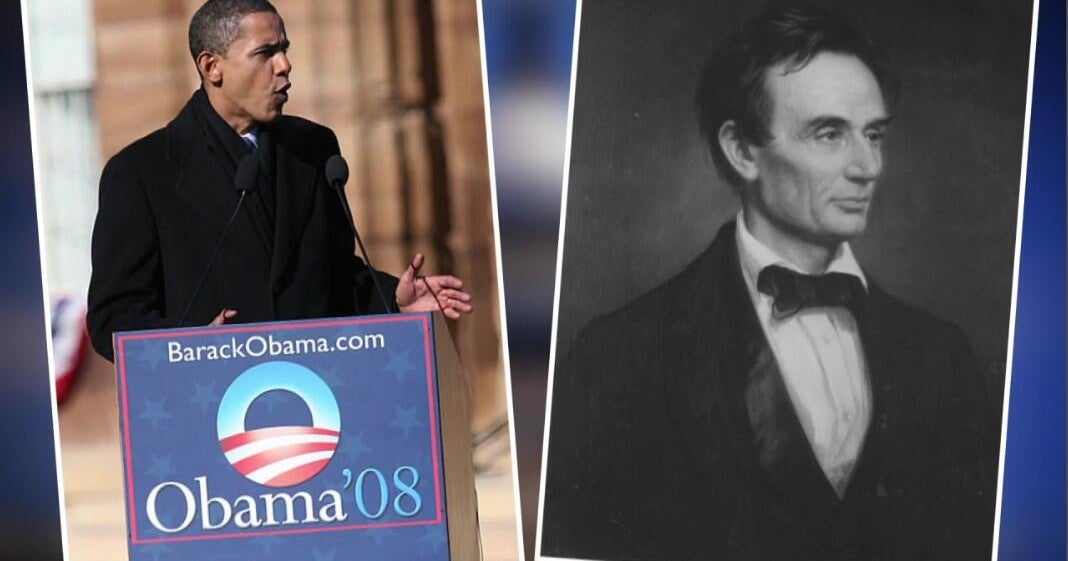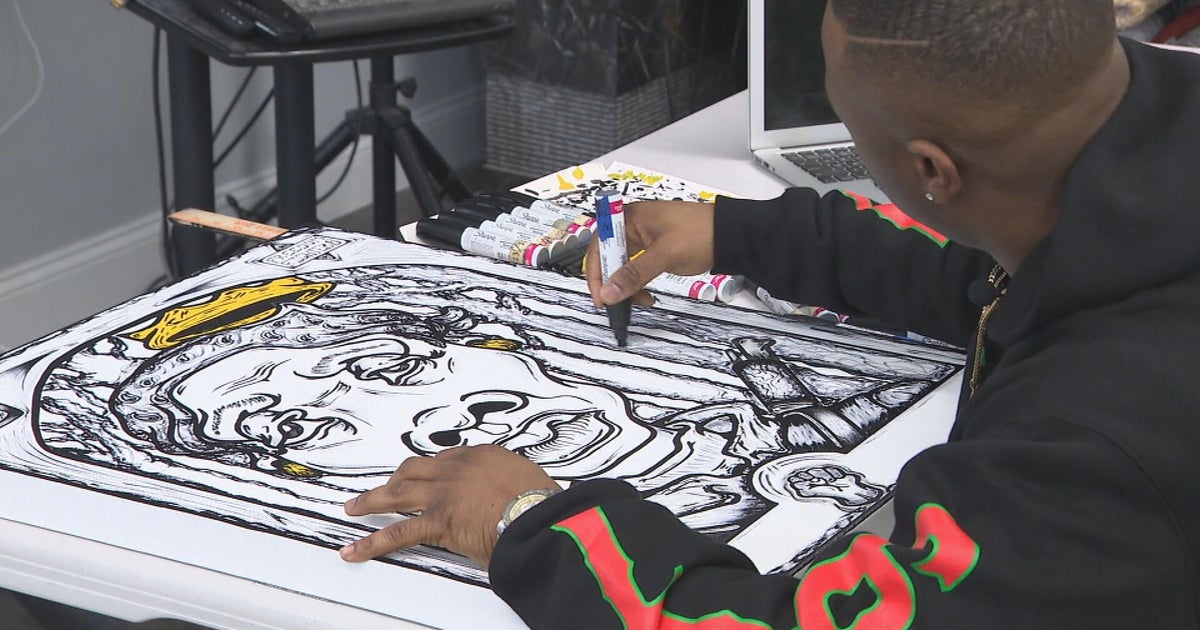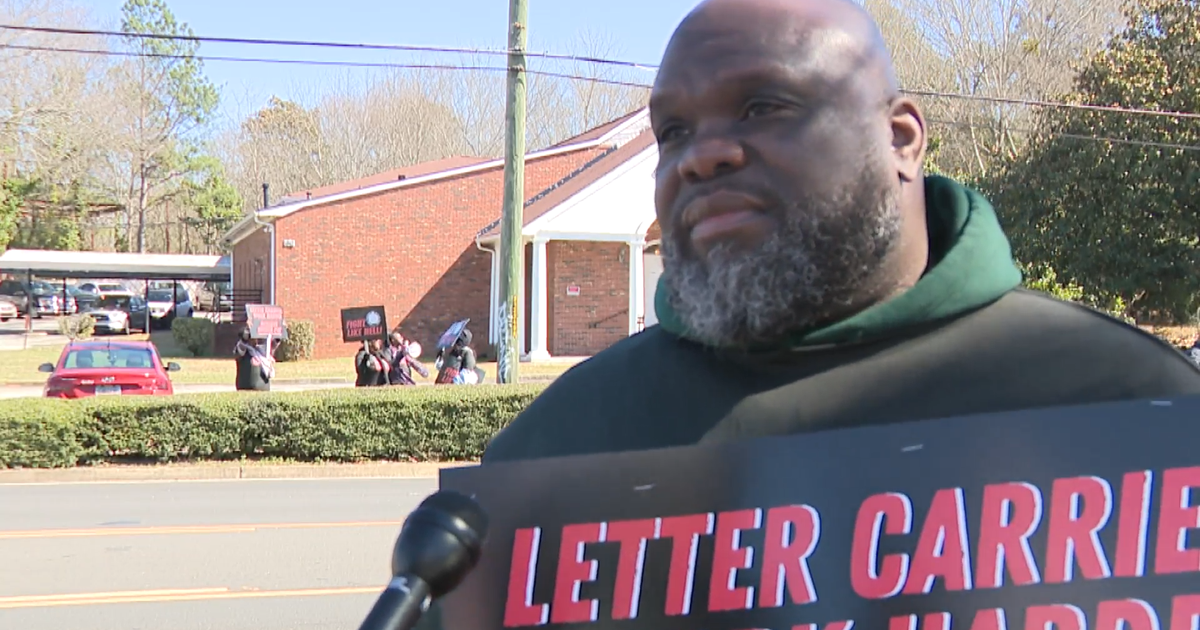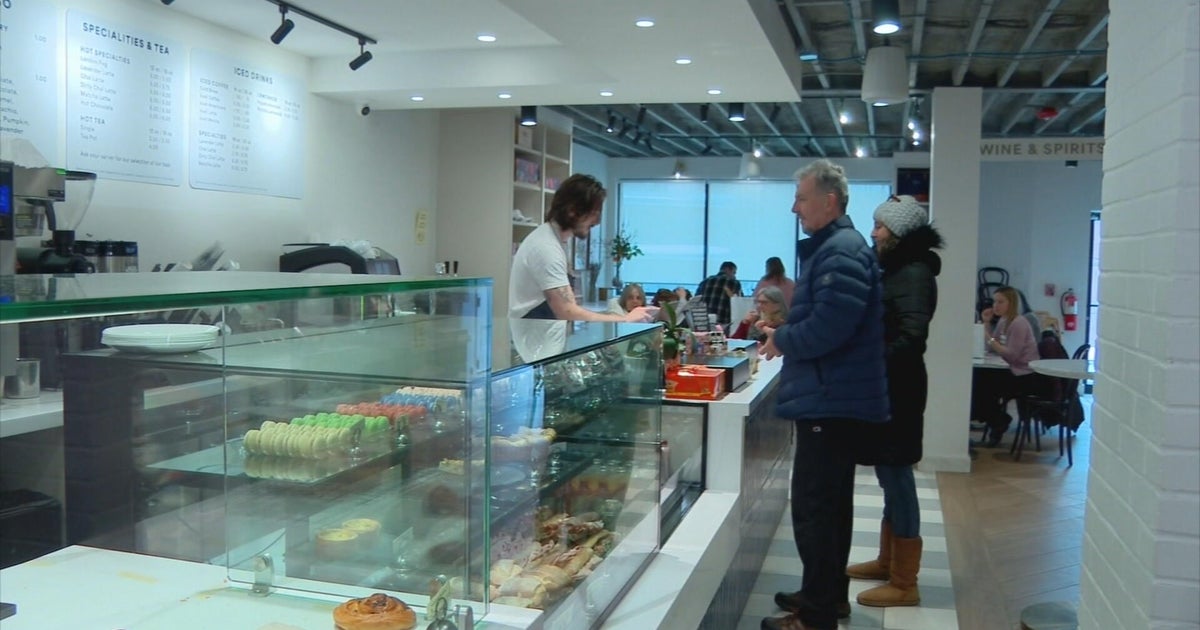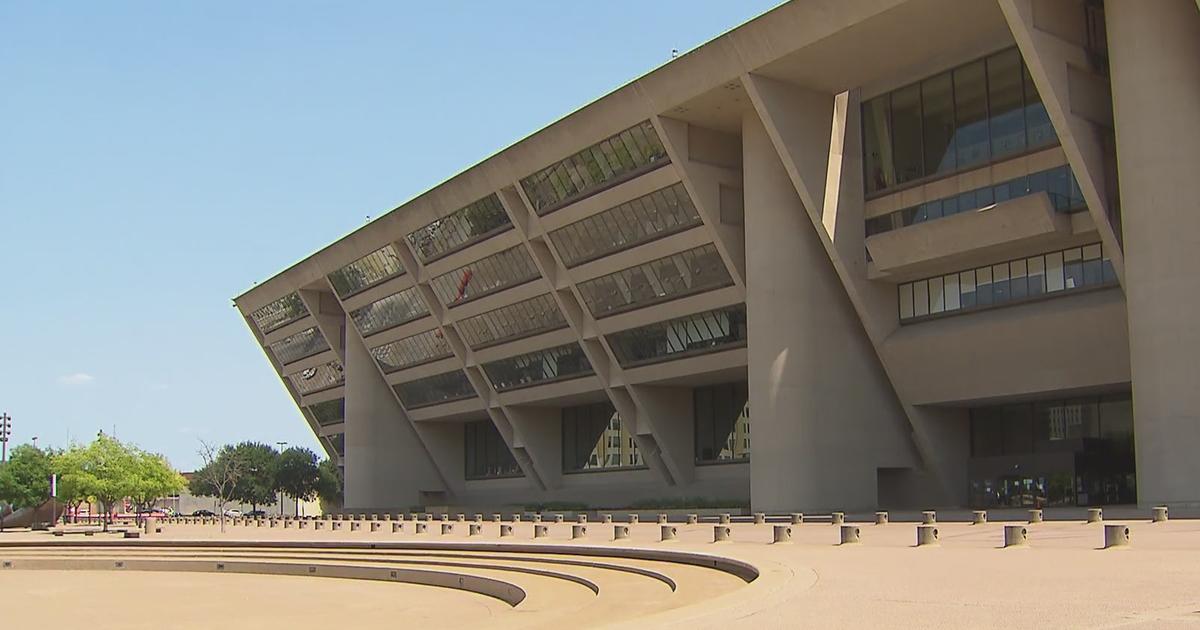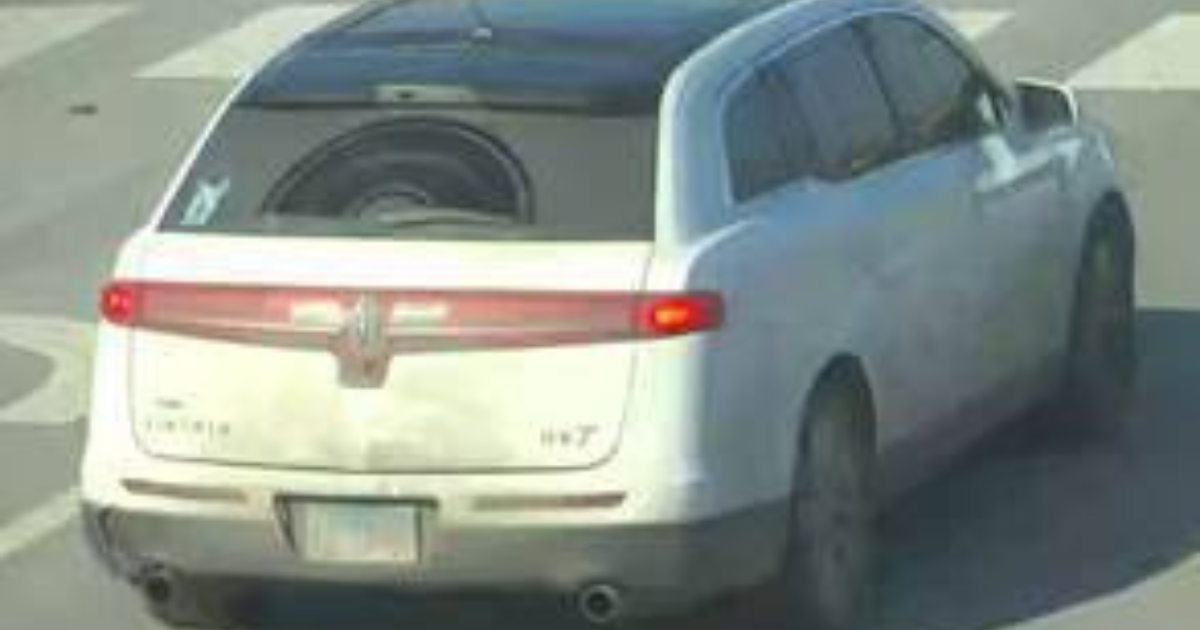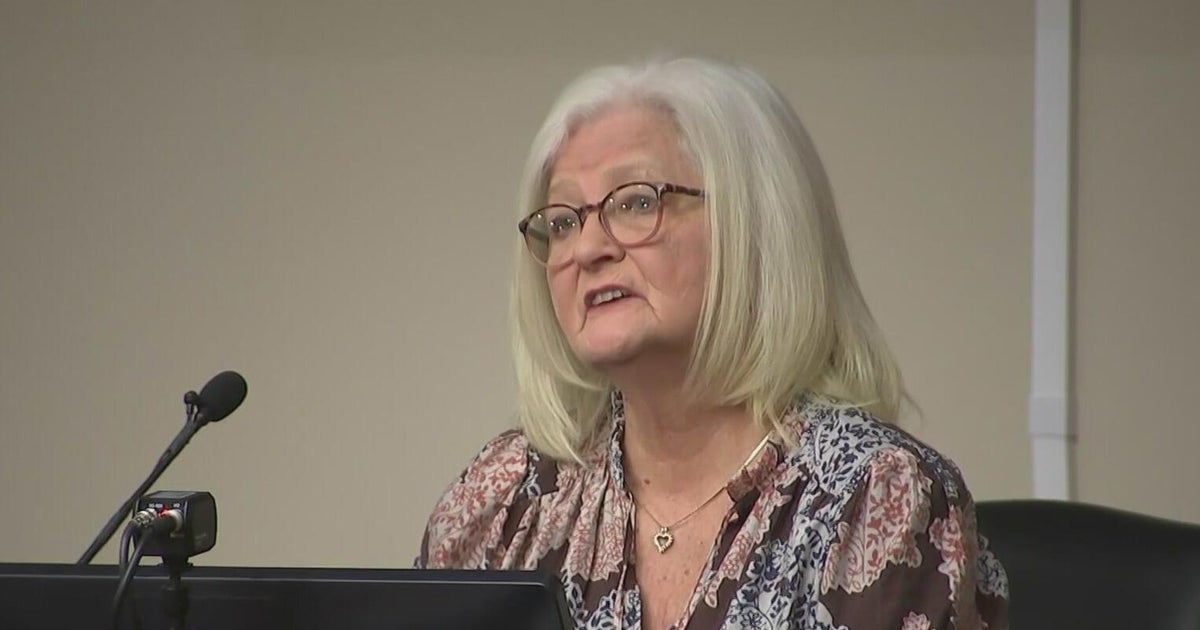At 100, Boston NAACP Confronts City's Mixed Past
BOSTON (AP) - For years, Michael Curry has heard this joke from African-Africans living in the South: No matter how bad things are for black people here, at least we don't live in Boston.
Despite Boston's deep liberal ties and an abolitionist past, many African-Americans still view Massachusetts and its largest city as a hostile place for people of color.
It's a charge that stings, said the Boston-born Curry, a 42-year-old attorney. It's a past he is vowing to tackle as the new president of the Boston branch of the National Association for the Advancement of Colored People, the nation's oldest.
After drawing hundreds of voters during the chapter's first contested election in a decade last month, Boston's NAACP is preparing to embark on a yearlong celebration to mark the chapter's 100th anniversary with forums and community discussions -- starting with events this weekend honoring Martin Luther King Jr.'s
birthday.
But black activists warn that any such celebration must included honest discussions about Boston's troubled racial legacy, from the busing riots of the 1970s to current violence in largely black neighborhoods.
"It's time we have this conversation," said Horace Small, executive director of the Union of Minority Neighborhoods, an anti-poverty and civil rights group based in Boston. "Around the country, black people have images of Boston, and they aren't pretty."
Those images includes police in riot gear in 1974 protecting black schoolchildren from white protesters unhappy about busing from black neighborhoods into theirs. They include the Boston Red Sox as the last of the 16 major-league teams to sign a black player -- more than a decade after Jackie Robinson entered the scene -- and the largely white Boston Celtics team of the 1980s, when most NBA teams were stacked with black players.
Others also point out that Boston, where around half of residents are people of color, has never elected a black mayor, unlike cities including Dallas, Houston, Atlanta, New York, Los Angeles and Chicago.
At the same time, activists point out that King attended graduate school and received his doctorate in Boston and that Malcolm X lived there as a young adult. The city was a hotbed for noted abolitionists and an important stop on the Underground Railroad.
Boston also was key, defenders say, to helping the state make Gov. Deval Patrick the nation's first re-elected black governor. Massachusetts was also the first state to popularly elect a black U.S. senator by voting in Republican Edward Brooke in 1966.
"Boston is definitely a city that has two sides," said Curry, who is hoping to revive an NAACP chapter that has been largely absent in Boston for a decade. "I don't think that's unfair. Maybe we should own that."
Such discussions are needed so residents can understand the legacy of current problems in black and Latino neighborhoods, from educational inequality to relationships with police, Curry said.
Peniel Joseph, a history professor at Tufts University and author of "Dark Days, Bright Nights: From Black Power to Barack Obama," said Boston is at times unfairly characterized as the worst northern city in terms of race.
"It's one of many cities outside of the South that have been very harsh in terms of race relations," Joseph said. "To say that Boston was the worst of the northern cities ... that's not historically accurate. But certainly it probably has the most spectacular incidents of racial violence outside of the South."
Those iconic episodes, coupled with the fact that blacks and Latinos in Boston have not grasped political power as they have in other urban areas, perpetuates the image that Boston remains hostile, Joseph said.
That's changing, said Alejandra St. Guillen, executive director of Oiste? (pronounced oh-EE'-stay), a Massachusetts nonprofit group that encourages Latinos to run for office. She said she sees blacks and Latinos working better among themselves to build political coalitions.
"We all welcome an active NAACP in Boston and discussions like these," said St. Guillen, who was born in Boston. "Some of these wounds were never healed."
Still, some say that while those discussions are needed, it won't be enough to erase Boston's bad image among blacks. Small said he still gets frustrated with local black leadership and the lack of change needed to address poverty and education.
"I hate living in Boston. This is not where I intend to retire," said Small, who grew up in Philadelphia. "I'm here because I love my wife and this is where she's from."
However, Small vowed to help Curry out in reviving the NAACP in Boston and do his part to help change Boston's image.
"Black people have a proud history in Boston," he said. "We just don't teach it."
The NAACP was founded in New York in 1910 and began pushing organizers to start chapters. Within three years, six cities -- Boston, Baltimore, Kansas City, Washington, Detroit and St. Louis -- responded.
The year of events planned on the state of black Boston is a first for the chapter, whose office was a victim of foreclosure in 1995. Some activists have criticized the chapter for largely being absent from Boston's political scene in the past 10 years and for failing to recruit younger members. Some critics even say they had thought the Boston chapter had folded years ago.
But recent interest was revived after the contested election between Curry and former state Sen. Bill Owens, Joseph said.
"It's also has to do with a renewed interest in the NAACP on a national level under the leadership of Ben Jealous," Joseph said. "That's bringing in a lot of young people."
The revival of the nation's oldest chapter and its attempt to confront the past will send a message that Boston is ready to shed its older negative image on race, he said.
"It will say much more about us as a city when we overcome those things," Curry said. "I think if we do that, other will look back and say, 'I wish we were from Boston."'
(Copyright 2011 by The Associated Press. All Rights Reserved.)
